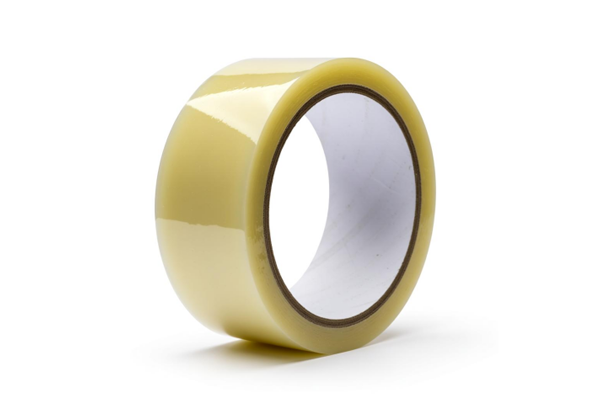In the age of smartphones and instant sharing, the question Do digital cameras take good photos? often arises among photography enthusiasts and casual users alike. While the convenience of smartphone cameras is undeniable, digital cameras—ranging from compact point-and-shoot models to advanced DSLRs and mirrorless systems—offer distinct advantages that can significantly enhance photo quality. This article delves into the nuances of digital photography, exploring the factors that contribute to image quality and the scenarios where digital cameras excel.
Understanding Image Quality
To assess whether digital cameras take good photos, we must first define what good means in the context of photography. Image quality is influenced by several factors, including:
- Sensor Size and Type: The sensor is the heart of any digital camera. Larger sensors, such as full-frame or APS-C sensors, capture more light and detail compared to smaller sensors found in compact cameras or smartphones. This increased sensitivity results in better performance in low-light conditions and a wider dynamic range, allowing for more detail in both shadows and highlights.
- Lens Quality: The lens plays a crucial role in determining image sharpness, distortion, and color accuracy. High-quality lenses with advanced coatings can minimize flare and ghosting, producing clearer and more vibrant images. Digital cameras often allow for interchangeable lenses, giving photographers the flexibility to choose the best lens for their specific needs.
- Image Processing: Digital cameras come equipped with sophisticated image processors that enhance photo quality through noise reduction, color correction, and sharpening. These processors can significantly improve the final output, especially in challenging shooting conditions.
- Manual Controls: Unlike many smartphone cameras, digital cameras offer extensive manual controls over exposure, aperture, and shutter speed. This level of control allows photographers to make precise adjustments, resulting in images that reflect their creative vision.
Situational Advantages of Digital Cameras
While smartphones have made significant strides in camera technology, there are specific scenarios where digital cameras shine:
- Low-Light Photography: Digital cameras, particularly those with larger sensors, excel in low-light environments. The ability to use wider apertures and higher ISO settings without introducing excessive noise allows for stunning night photography and indoor shots.
- Action and Sports Photography: The fast autofocus systems and burst shooting capabilities of digital cameras make them ideal for capturing fast-moving subjects. Whether it's a sporting event or wildlife in motion, digital cameras can deliver sharp, well-exposed images that smartphones often struggle to achieve.
- Portrait and Macro Photography: The depth of field control offered by digital cameras allows photographers to create beautiful bokeh effects in portrait photography. Additionally, macro lenses enable extreme close-ups, revealing intricate details that are often lost in smartphone photography.
- Professional Applications: For professional photographers, the reliability and image quality of digital cameras are paramount. Whether shooting weddings, commercial products, or landscapes, the superior dynamic range and color accuracy of digital cameras provide the necessary tools to meet client expectations.
The Smartphone Challenge
Despite the advantages of digital cameras, it is essential to acknowledge the impressive capabilities of modern smartphones. With advancements in computational photography, smartphones can produce stunning images that rival those taken with traditional cameras. Features such as HDR (High Dynamic Range), portrait modes, and advanced editing apps have made it easier for users to capture and enhance their photos on the go.
However, while smartphones are convenient and user-friendly, they often lack the versatility and quality that dedicated digital cameras provide. For serious photographers or those looking to elevate their skills, investing in a digital camera can be a game-changer.
Conclusion: The Verdict
So, do digital cameras take good photos? The answer is a resounding yes, particularly when considering the factors that contribute to image quality and the specific scenarios where they excel. While smartphones have democratized photography and made it accessible to everyone, digital cameras remain the preferred choice for those seeking the highest quality images.






